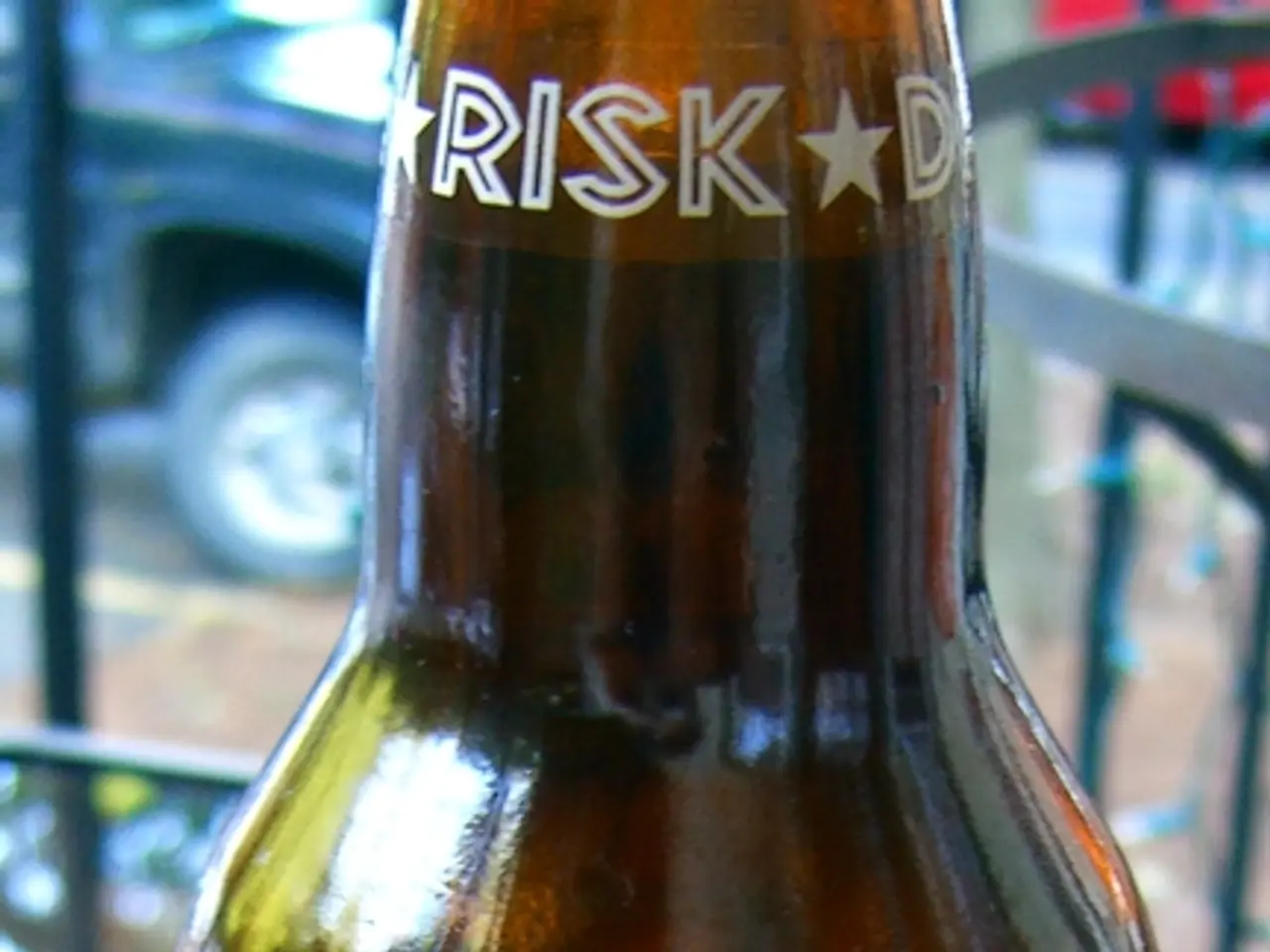Industries financing school resources should cease, including gambling, food, and beverage sectors
In a recent article published by The Guardian, concerns have been raised about the influence of the food, drink, and gambling industries on school curriculums in the UK. Health experts argue that these industry-sponsored resources often distort facts, downplay risks, and may subtly promote corporate interests.
At the heart of the issue are materials funded by companies like Diageo, which critics say provide an incomplete picture about underage drinking risks. Alcohol industry-funded materials may omit critical health information, such as the link between alcohol and cancer.
Similarly, gambling industry-backed resources sometimes introduce gambling concepts to students under the guise of promoting “responsible gambling.” Critics argue that this normalizes gambling behavior among children.
Junk food industry sponsorship can also minimize the health risks of unhealthy diets, shifting responsibility for harm onto individuals rather than corporate practices.
Health advocates recommend banning corporate-funded educational materials, especially those funded by industries known to harm health (alcohol, gambling, junk food). They also suggest implementing independent, evidence-based curricula developed without industry influence to ensure unbiased and comprehensive risk education.
A coalition of 58 health experts, including doctors, researchers, and charities, has criticized school materials funded by the food, drink, and gambling industry. They argue that these materials mischaracterize certain products and fail to highlight their risks.
The coalition, which includes the British Medical Association, the World Cancer Research Fund, and the Obesity Health Alliance, has expressed concerns about the way certain facts are represented in the school materials. For instance, promoting responsible gambling or a right way of pouring a glass of wine.
The publication has highlighted the risks associated with allowing the food, drink, and gambling industries to sponsor school materials. It has been suggested that such materials resemble advertising more than genuine education, familiarizing children with brands and encouraging risky behaviors early on.
Some have compared this to allowing tobacco companies to teach about smoking, which would be seen as a conflict of interest and harmful influence on children’s health perspectives.
The concern is that until such measures are taken, young people may be receiving skewed information that could contribute to unhealthy behaviors and long-term health issues.
Despite calls for action, no new facts have been mentioned about the removal of industry-sponsored materials from the school curriculum or the involvement of Bridget Phillipson, Minister for Women and Equalities of the United Kingdom. However, the coalition of health experts has urged Bridget Phillipson to assist with removing industry-sponsored materials from the school curriculum.
Dr. May van Schalkwyk from the University of Edinburgh has stated that the evidence shows industries whose products harm children's health fund harmful youth education programs. The coalition has not acknowledged GambleAware's claim that their materials aim to deter from gambling-related harm, nor have they acknowledged GambleAware's claim that their materials aim to raise awareness about gambling dangers.
As the debate continues, it is clear that health experts are pushing for reforms to ensure that school curriculums remain unbiased and focused on providing accurate, comprehensive, and unbiased health education.
- The gambling industry's resources, disguised as means to promote 'responsible gambling', may normalize gambling behavior among children, according to critics.
- The science industry forms a crucial front in the battle against skewed education, as experts advocate for independent, evidence-based curricula free from industry influence.
- In the realms of health-and-wellness and mental-health, advocates recommend banning materials funded by industries known to contribute to health problems, such as alcohol and gambling.
- Junk food industry sponsorship can distort facts, minimizing health risks associated with unhealthy diets and shifting responsibility away from corporate practices.
- Learning materials funded by industries like food, drink, and gambling may omit critical information or misrepresent facts, potentially contributing to unhealthy behaviors and long-term health issues.




